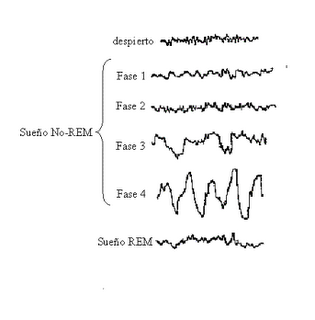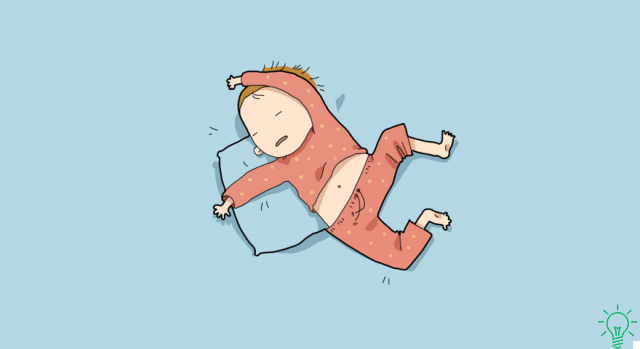
Suffering from insomnia not only negatively affects our mood by making us more irritable, it also has a profound impact on the brain. In fact, several studies have linked sleep problems with disorders such as depression, schizophrenia and even dementia. Now new studies are coming in to explain the impact that little and bad sleep has on the brain.
Insomnia reduces certain areas of the brain
A study by scientists from the universities of Oslo and Oxford analyzed the sleep habits of 147 people between the ages of 20 and 84. Every three and a half years, the participants had MRI scans, so the researchers could monitor the evolution of their brains.
Of the participants, 35% slept very little and poorly, unable to sleep soundly enough to rest. A decrease in brain size was observed in these people, especially in the frontal, temporal and parietal regions. It was also found that the negative impact on the brain was even greater by the age of 60.
Insomnia poisons the brain
Another study, this time conducted at the Autonomous Metropolitan University of Mexico, revealed that insomnia can cause certain neurotoxic molecules that normally circulate in the blood to reach the central nervous system and affect the functioning of neurons.
In this case, the experiment was conducted with guinea pigs, promoting periods of sleep deprivation lasting 10 days. In this regard, neuroscientists found that during long periods of insomnia, the blood vessels of the blood brain barrier begin to degrade. The blood brain barrier is a dense formation of endothelial cells found between blood vessels and the central nervous system whose function is to protect the brain from potentially neurotoxic agents.
Lack of sleep causes these blood vessels not to stick together as they should, allowing harmful elements to reach the brain tissue. Some of these elements, such as monosodium glutamate, which is almost omnipresent in all processed foods, can cross the blood brain barrier and cause neuronal death.
Why is sleep so important to the brain?
For many years it was thought that while we slept our brains were limited to resting. Today we know that this is not the case. During sleep, especially in the stages of REM sleep, the deepest sleep, the brain eliminates waste substances produced by the metabolism.
In fact, it has been seen that glial cells create a sort of channels through neurons to allow the flow of cerebrospinal fluid, which carries with it the toxins generated during daytime activity.
Sleep also helps to free the mind from the memories we no longer need and subtracts emotional impact from the situations we experience during the day, as well as reorganizing the enormous amount of information present in our memory.
Therefore, it is not strange or useless that we spend about a third of our life sleeping. Also, when we don't sleep well, we wake up tired the next day, struggle to concentrate, and are more irritable.
So, now you know: sleeping well is crucial for brain health and for preventing neurodegenerative diseases that can appear over time.


























